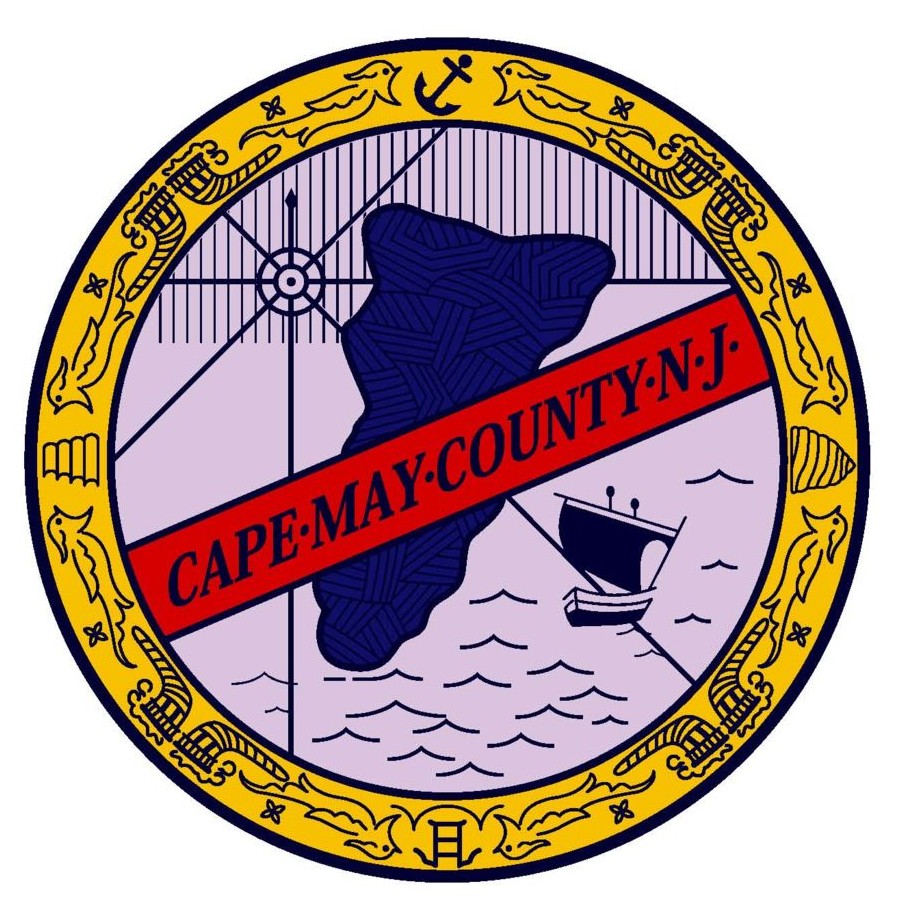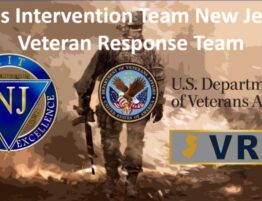
The Cape May County Prosecutor’s Office held its first Crisis Intervention Team Training last week.
Law enforcement officers from different towns within Cape May County and professionals from other local agencies completed Cape May County’s first Crisis Intervention Team Training (CIT) last week, Cape May County Prosecutor Robert L. Taylor said. The training focused on improving the way local officers respond to anyone they come into contact who may be experiencing a mental health crisis. Training lasted for over 40 hours, and taught attendees how to identify symptoms of a mental health crisis, how to manage the crisis on the scene, how to de-escalate a situation and the appropriate use of local mental health services.
It took place from May 1-5, and featured 22 officers from local police departments and eight professionals from Cape Counseling, Cape Assist, Social Services and the Division of Child Protection and Permanency. The officers were selected by their police chief or agency head. It was put on in collaboration with Cape May County Chiefs of Police Association, Cape Counseling Services, and staffed by professionals from the Mental Health field.

Training predominantly took place in the classroom. There were practical exercises delivered by local mental health professionals, CIT law enforcement instructors and other subject matter experts.
There was also a site visit day to several local mental health facilities and family based resource outlets including: Cape Regional Medical Center’s Behavioral Health Unit/ CCS Screening Department, Cape Counseling Services Crest Haven site and Genoa Pharmacy, Cape Counseling’s Family Success Center, Division of Child Protection and Permanency and the Cape May County Jail.
The purpose was to observe and understand the process and procedures of each of these facilities regarding patient options and admittance. Participants said the training provided them with many useful strategies, tools and increased knowledge of supportive agencies that offer an alternative to hospitalization for mentally ill patients.
CIT trained officers serve as the “go to” responders for local police departments. They assist other officers on crisis calls with people who are showing signs of mental health problems. Taylor spearheaded the training in Cape May County, which is now one of several counties within the state that are showing a commitment to improving response to mental health crises.
“It is extremely important that law enforcement and professionals within the mental health field continue to work together hand in hand to ensure community members and their families suffering from mental health crisis get the proper care and help needed reducing officer and consumer injury,” Taylor said. “Through the training, officers trained in CIT learn how to link consumers and their families with appropriate treatment, which has a positive impact on fostering recovery and reducing recidivism.”
Chief Paul Skill of the Cape May County Prosecutor’s Office is very excited to have the CIT program up and running in Cape May County and believes this training will be a huge asset and another great tool for officers to utilize during a mental health crisis. 
“The collaborative efforts from both law enforcement and mental health working together will help ensure maximum safety for all parties involved in a mental health crisis,” Skill said.
This is the first of many CIT classes, which will be hosted by the Cape May County Prosecutor’s Office. Skill said he hopes to have all law enforcement officers in the county and more mental health professionals trained in the future.
Taylor thanked Greg Speed, CEO and President of Cape Counseling Services and all his staff; Patricia Devaney, Cape May County Mental Health Administrator, Edward Dobleman, New Jersey State Crisis Intervention Director, Cape May County Chiefs of Police Association and all partners in law enforcement, mental health field and community partners.
Lt. Joseph Landis and Detective Sergeant Ashlee Marriner put the five-day class together. OceanFirst Foundation of OceanFirst Bank helped fund the program with a $1,500 donation.









